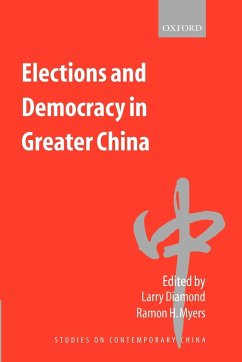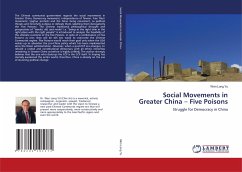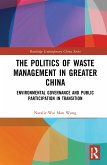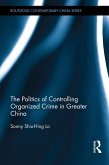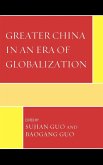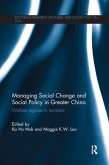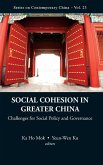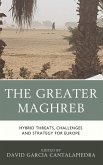Without similar political breakthroughs in Mainland China and Hong Kong, their limited electoral processes are not likely to lead to the election of one or more opposition parties in Mainland China and the direct election of a Hong Kong governor and parliament. These two authoritarian regimes have adopted different institutions, or rules, to limit electoral competition. Moreover, different changes have been taking place in their political, ideological, economic, and organizational marketplaces than occurred in Taiwan. Therefore, whether these two Chinese societies can mimic the Taiwan democratization path remains problematic. Only the passage of time will reveal whether their limited electoral competitive processes can transform into full democracy.
This book examines why and how limited electoral competition developed in Greater China. The editors attribute Taiwan's electoral competition to breakthroughs in the political, ideological, economic and organizational marketplaces. Without similar breakthroughs, Hong Kong and Mainland China aren't likely to achieve electoral competition.
Hinweis: Dieser Artikel kann nur an eine deutsche Lieferadresse ausgeliefert werden.
This book examines why and how limited electoral competition developed in Greater China. The editors attribute Taiwan's electoral competition to breakthroughs in the political, ideological, economic and organizational marketplaces. Without similar breakthroughs, Hong Kong and Mainland China aren't likely to achieve electoral competition.
Hinweis: Dieser Artikel kann nur an eine deutsche Lieferadresse ausgeliefert werden.

